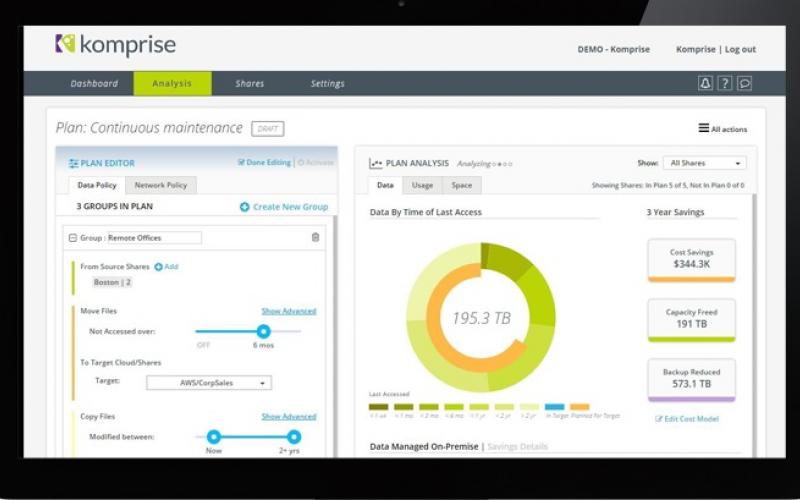The advent of very high-performance, high-capacity SSDs, coupled with new interfaces such as NVMe over Fabrics and software-defined networking give storage a major creative boost. We are migrating from RAID systems to compact appliances that deliver storage, and, in the form of hyperconverged infrastructure (HCI) systems, compute as well.
A number of innovative storage startups are helping drive this evolution. The list of startups is growing fast and new companies appear out of stealth mode on a regular basis. These are not companies chasing existing business with a better mousetrap. Many of them have game-changing approaches to how enterprises will implement and manage storage in the future.
For some startups, the appliance and HCI models provide a standard COTS-based platform, which is essential to economies of scale and time to market. The resulting software is "portable" between platforms, with a consequently wider market opportunity, but also a tougher competitive environment.
Portability and scalability are enhanced by software-defined storage (SDS), which abstracts the code from underlying hardware platforms and operating systems. As SDS evolves -- it’s still in its early days -- the agility provided by encapsulating storage microservices will create new ways to build storage software stacks, resulting in overall lower costs due to a competitive environment for each type of service.
Another focus of the current batch of storage startups is data management. Addressing data sprawl and migration between memory tiers will radically reduce storage costs, which will become critical as we add flash/Optane tiers in the memory bus and move to all solid-state storage. Making data in disparate silos or clouds look like one pool is another issue that startups are addressing.
The challenges of replacing traditional SCSI-based networked storage to match the speed demands of solid-state drives and the performance/complexity of shared memory in the HCI model also is spawning startups. Here, the focus is on removing bottlenecks in the system and providing a mechanism for accessing the distributed storage pool. Given its complexity, this market is just emerging, but we can expect a good deal of future activity, especially with byte-addressable persistent memory on horizon.
All in all, this is a good time to be a storage startup. Click ahead to check out some of new companies worth watching as the storage industry continues its remarkable transformation.
(Image: ESB Professional/Shutterstock)


















